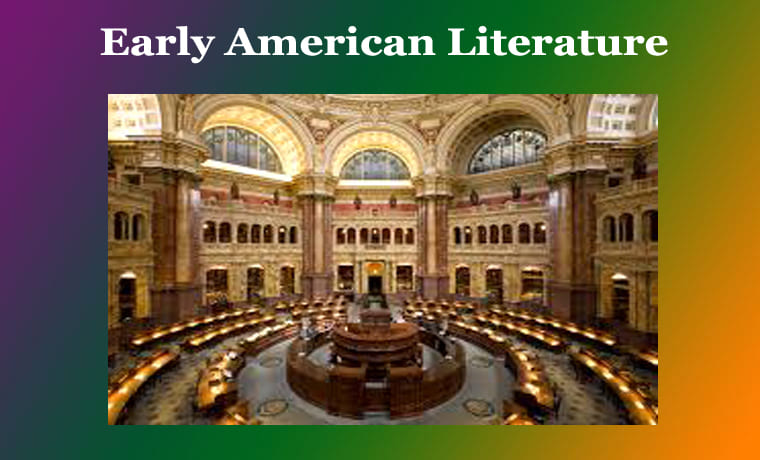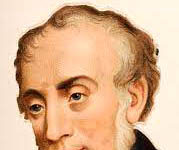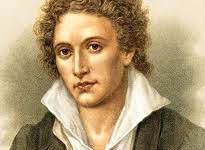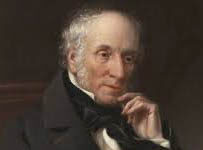Early American Literature
Early American Literature
Introduction to Early American Literature:
Early American literature serves as a testament to the nascent stages of the nation’s cultural and literary development. This period, spanning from the colonial era to the early 19th century, laid the foundation for the diverse literary landscape that would follow.
Colonial Beginnings:
The earliest American literature emerged from the colonies, characterized by religious fervor, exploration narratives, and a focus on practical, instructional writing.
Anne Bradstreet’s poetry, such as “Upon the Burning of Our House,” reflects the Puritanical influence of the time, blending personal reflections with religious themes.
Captivity Narratives (Tales of Struggle and Survival):
During the colonial period, narratives of individuals taken captive by Native Americans or rival European powers became a prominent literary genre. These accounts provided insights into cultural clashes and survival stories.
Mary Rowlandson’s “The Sovereignty and Goodness of God” recounts her captivity experience during King Philip’s War, offering a firsthand perspective on the challenges faced by early settlers.
Revolutionary Influences (Literature of Independence):
As the American Revolution unfolded, literature became a powerful tool for expressing revolutionary ideals, political discourse, and the quest for independence.
Thomas Paine’s pamphlet “Common Sense” was a seminal work that galvanized support for independence by presenting clear arguments against British rule, influencing the revolutionary spirit.
Early American Novels (Navigating New Literary Territories):
The late 18th and early 19th centuries witnessed the emergence of early American novels, often exploring themes of identity, morality, and societal expectations.
Charles Brockden Brown’s “Wieland” is considered one of the first American Gothic novels, delving into psychological horror and the impact of religious fanaticism.
Fireside Poets (Crafting a National Identity through Verse):
Amidst the turbulence of the mid-19th century, the Fireside Poets, including Henry Wadsworth Longfellow and James Russell Lowell, aimed to create a distinctly American literary tradition that resonated with a broad audience.
Longfellow’s poem “Paul Revere’s Ride” not only celebrates a historical event but also captures the spirit of patriotism and the emergence of a national identity.
Transcendentalism (Spirituality and Individualism):
Transcendentalist thinkers, like Ralph Waldo Emerson and Henry David Thoreau, played a significant role in early American literature by emphasizing individualism, spirituality, and a connection with nature.
Thoreau’s “Walden” is a transcendentalist classic, documenting his experiment in simple living and self-sufficiency at Walden Pond.
Conclusion:
In conclusion, early American literature reflects the challenges, aspirations, and evolving identity of a nation in the making. From the religious fervor of the colonies to the revolutionary spirit and the emergence of new literary forms, this period laid the groundwork for the rich tapestry of American literary expression. 0 0 0.
You May Like:











